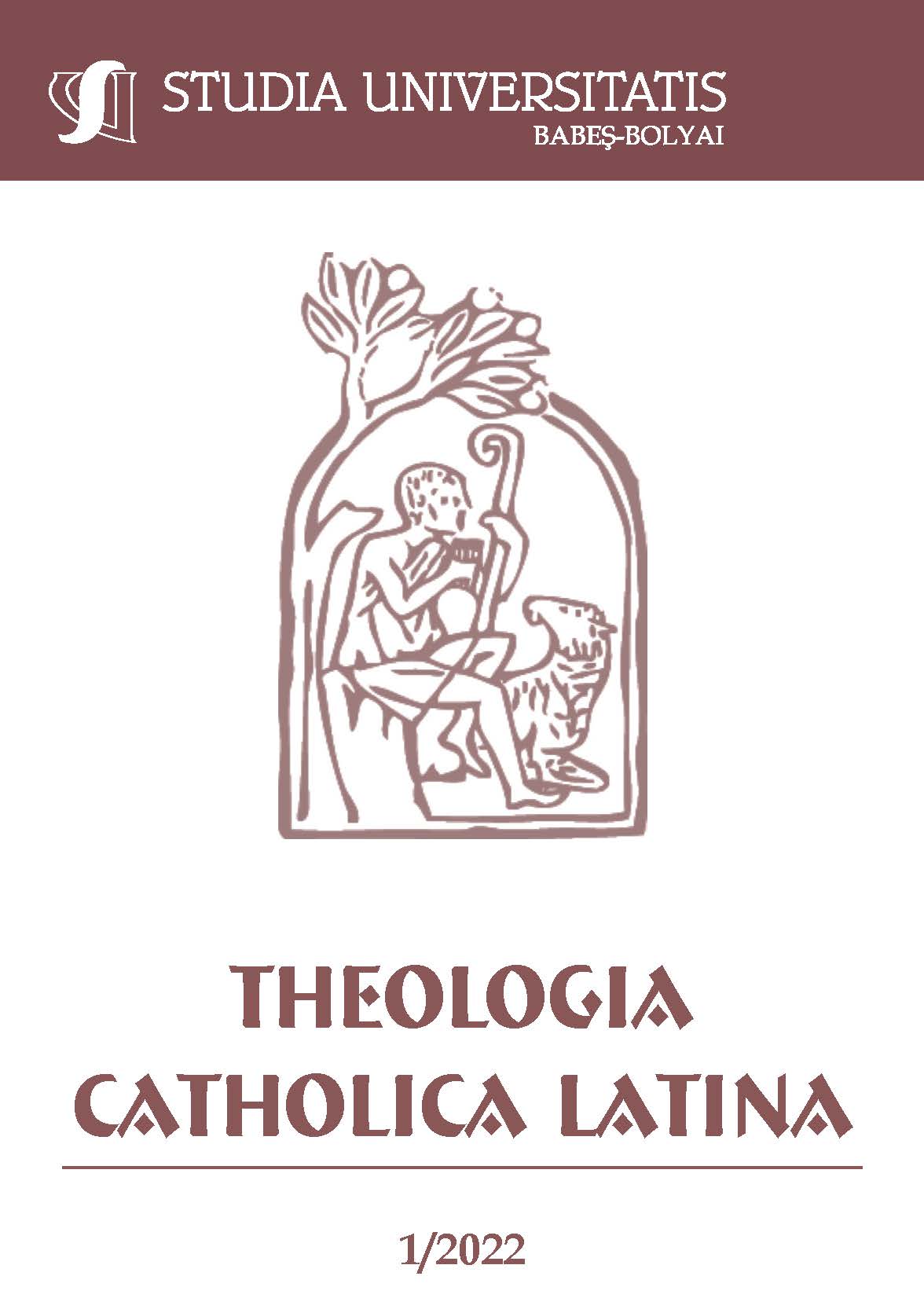THE RELIGIOUS POLITICS OF THE BYZANTINE EMPERORS IN THE 4TH-9TH CENTURIES
THE RELIGIOUS POLITICS OF THE BYZANTINE EMPERORS IN THE 4TH-9TH CENTURIES
Author(s): Călin Ioan DușeSubject(s): History of Church(es), 6th to 12th Centuries, History of Religion
Published by: Studia Universitatis Babes-Bolyai
Keywords: Jesus Christ; Christianity; the Edict of Milan; the Henotikon; the Ektesis; the Typos; icons;
Summary/Abstract: After the official recognition of Christianity in 313, Emperor Constantine the Great became the most important protector of Christian dogma and discipline, always present among the bishops, intervening in all matters of the Church, legislating and judging for it. The Byzantine emperors proclaimed the Christianity as a State religion by multiplying and increasing the immunities, but also the privileges of this new religion, which they defended in all situations through their protection. Within religious politics, the Byzantine emperors will be the ones organizing, directing, convoking, and presiding over all the councils, who wanted to clarify and crystallize the teachings of faith of the Church, dictating the oaths of faith. These new relations created by Emperor Constantine the Great between the Church and the State, were continued and maintained by all his successors, whether they were Orthodox or Aryan. Unfortunately, throughout the history of the Byzantine Empire, there were also some emperors who brutally intervened in the Church’s life, trying to subordinate it to them, thus increasing the imperial authority over it. All these abuses led to great unrests and schisms in the life of Christianity and sometimes caused ruptures between emperors, patriarchs, and the papacy.
Journal: Studia Universitatis Babes-Bolyai - Theologia Catholica Latina
- Issue Year: 67/2022
- Issue No: 1
- Page Range: 71-93
- Page Count: 13
- Language: English

